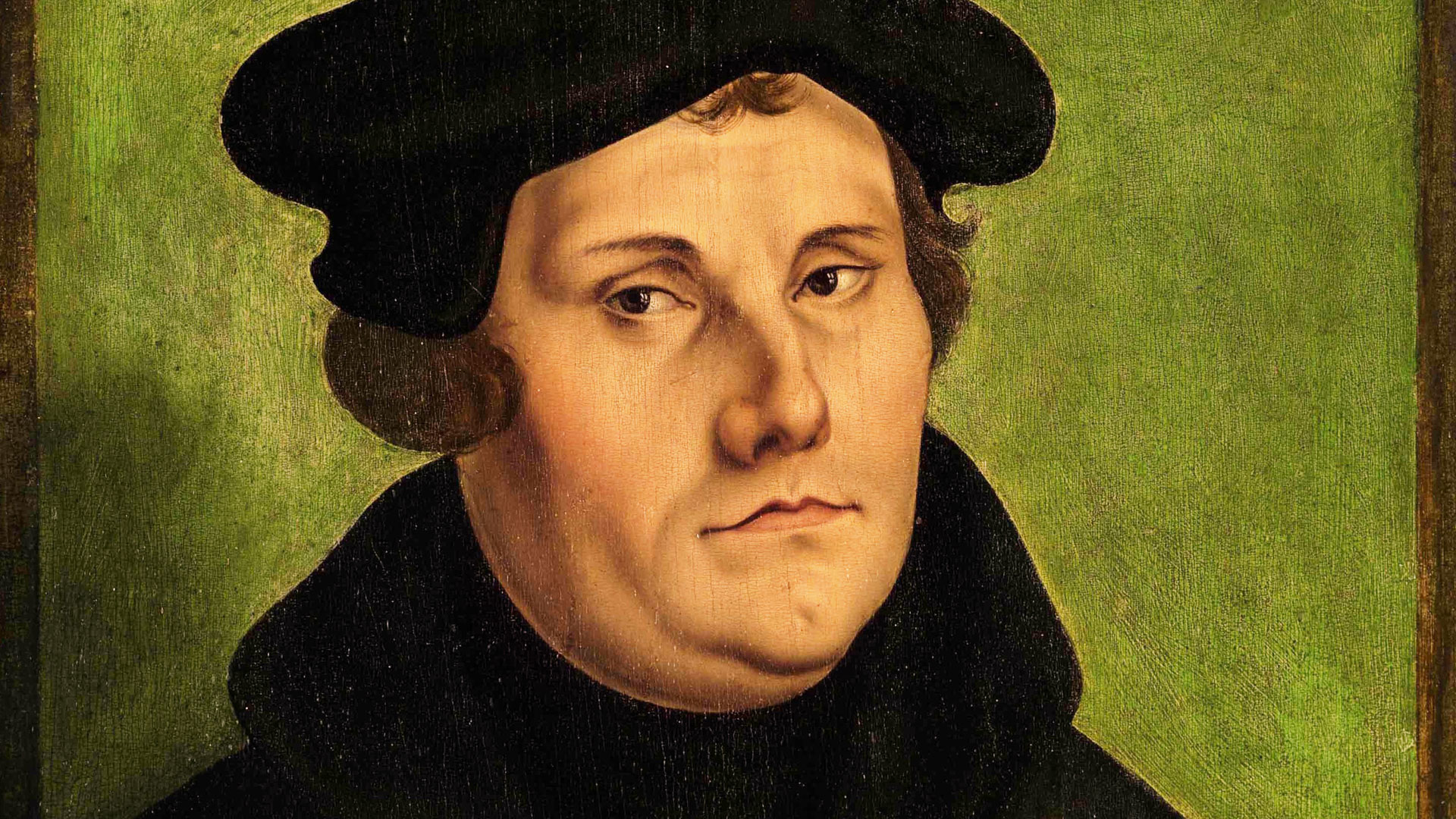Today marks the 500th anniversary of the day that Martin Luther (might have) nailed his famous 95 Theses to the church door in Wittenberg. While the historicity of that famous event is in dispute, what is not in question is that the Saxon monk provided the spark that lit the European powder keg that had been being built for several centuries. What is also not in doubt is that this Reformation was the first great revolution of the modern west, though many more would follow.
Login to read more
Sign in or create a free account to access Subscriber-only content.
Topics:
